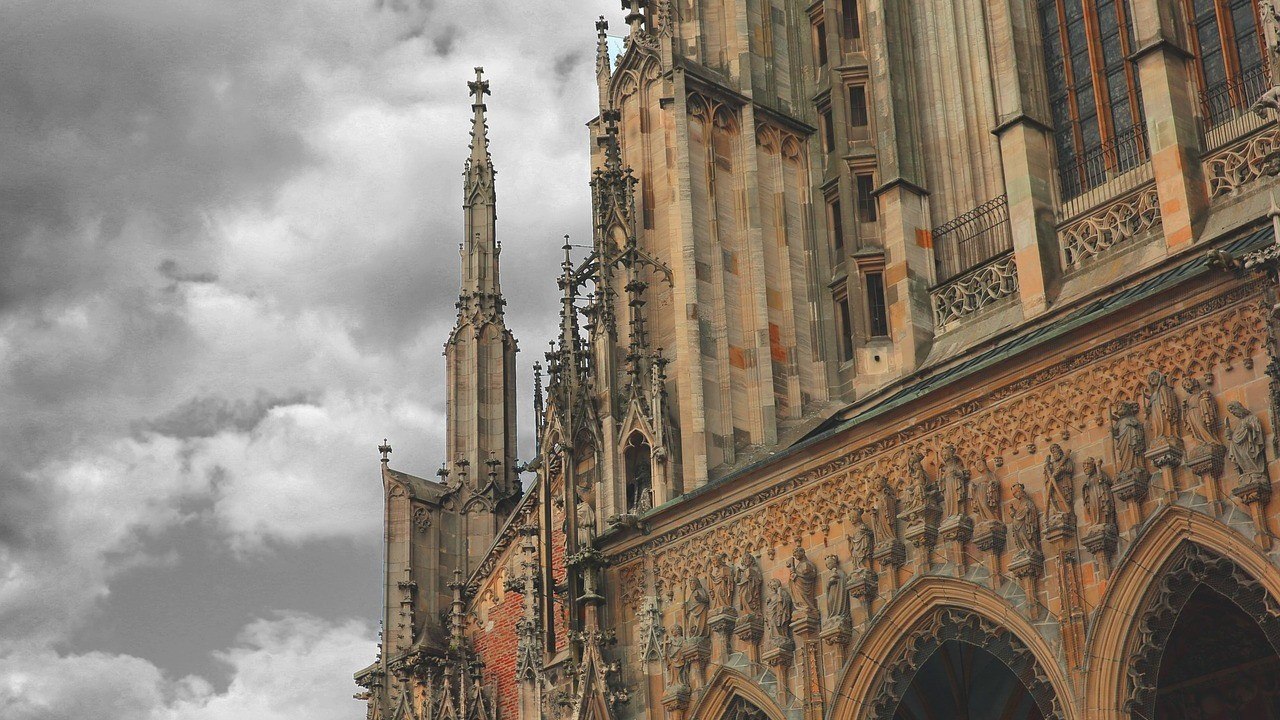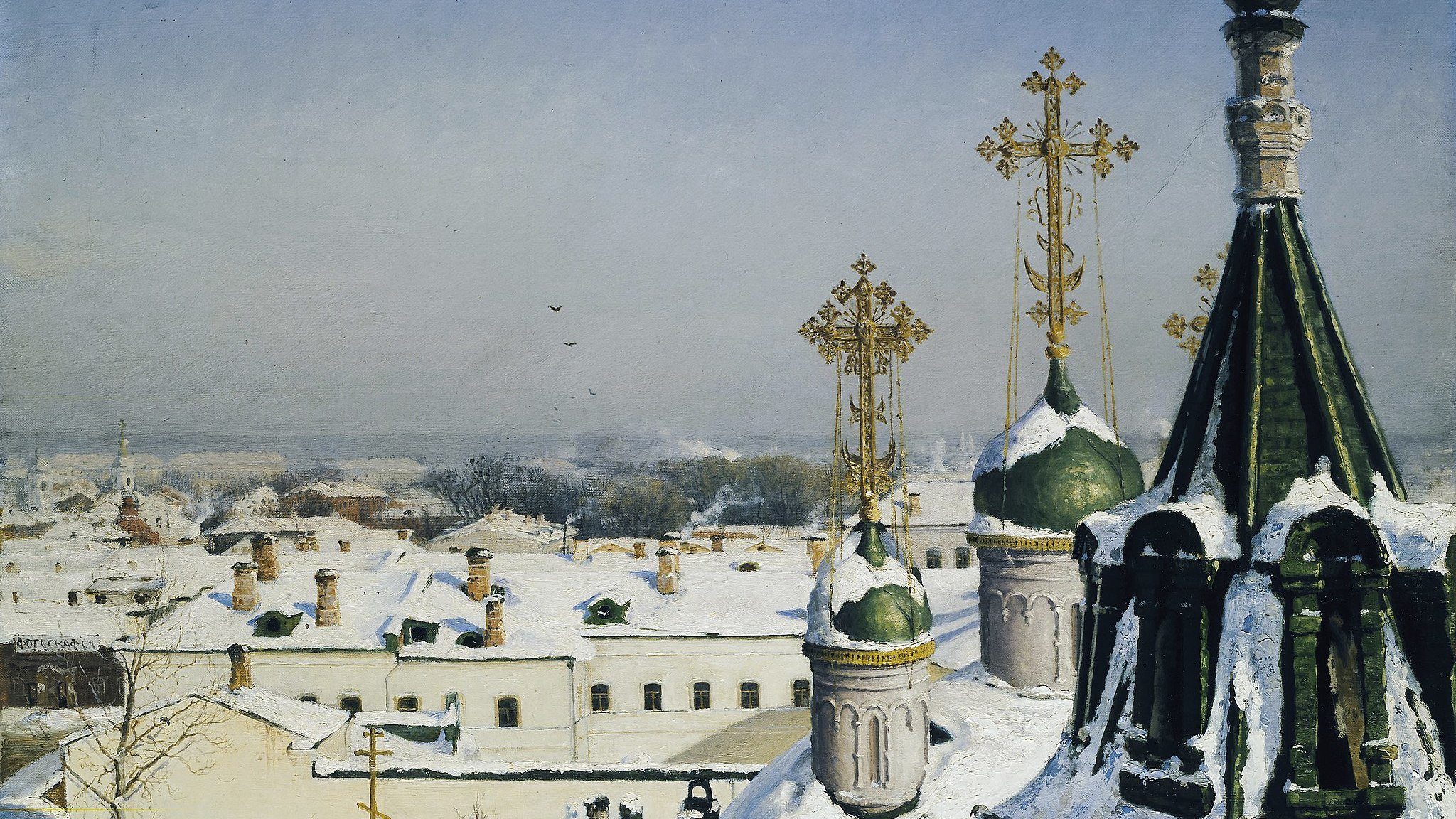1963 Telecast: Hindemith Leads the CSO in Music of Hindemith, Bruckner, Brahms
In 1963, the Chicago Symphony Orchestra was in transition. The French conductor, Jean Martinon, was beginning his five-year tenure as music director following the death of the legendary Fritz Reiner. Over the preceding ten years, the fierce and autocratic Reiner had turned the CSO into what Igor Stravinsky called, “the most precise and flexible orchestra in the world.” We hear the ensemble Reiner built in all of its glory in this April 7, …







